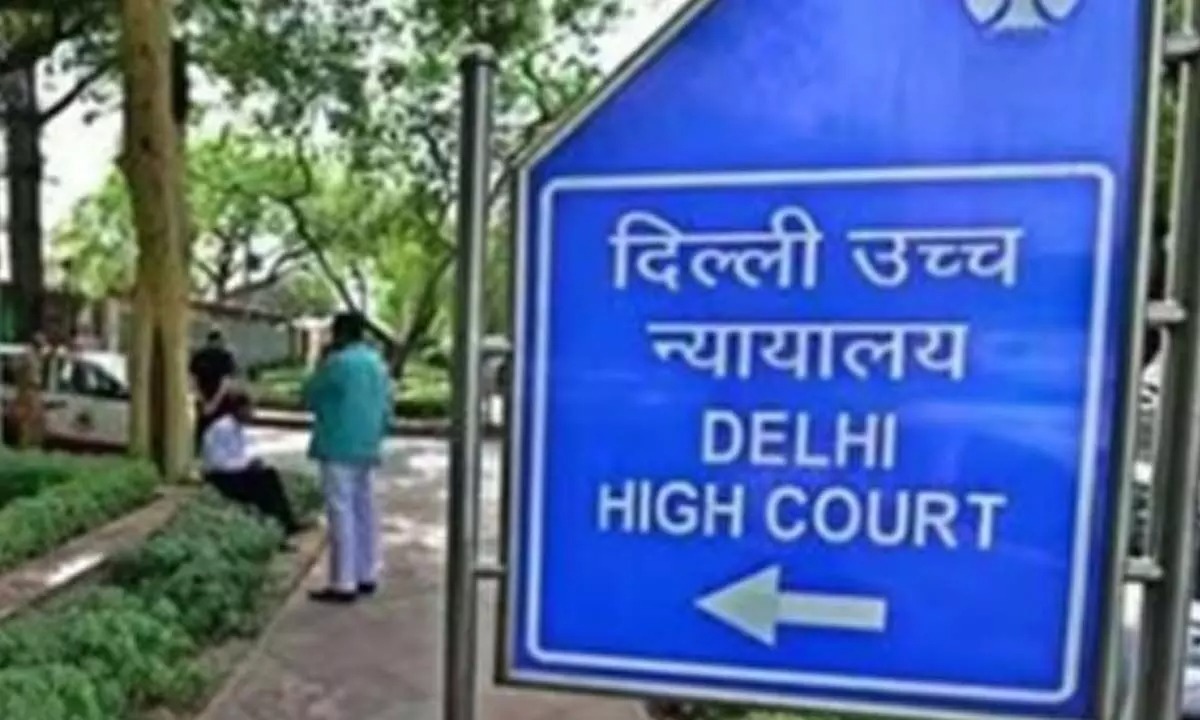1. On 24th March, 1986, I had passed the following order :-
"Heard Mr. Bhagat, petitioner in person. Mr. S. V. Natu, Advocate, for respondent No. 1, Mrs. Bodade, Advocate, for respondent No. 2. None for respondent No. 3 and respondent No. 4.
The petition is dismissed for reasons to follow. Rule discharged. No order as to costs."
The following are the reasons.
2. The petitioner, in his capacity as Working President of the All India P & T Employees Federation, which is a registered trade union, had preferred a reference under S. 25(2) of the Maharashtra Recognition of Trade Unions & Prevention of Unfair Labour Practices Act, 1971 (hereinafter referred as ''the Act''), before the Labour Court, Nagpur. By the said reference, the petitioner sought declaration that the lock-out of the P & T Staff Co-operative Society Canteen, Nagpur G.P.O. by the respondents is illegal. Along with the said reference, the petitioner had also filed an application under A. 30(2) of the Act seeking interim relief against the respondents during the pendency of the said reference proceedings. The learned Judge of the Third Labour Court, Nagpur, passed an order below the application for interim relief, whereby holding that the impugned lock-out by the respondents is without any notice under S. 24(2)(a) of the Act and, hence, it is an illegal lock-out. He further ordered that the application is allowed declaring that the lock-out in question is illegal. By allowing the application for interim relief, the Labour Court thereby passed an interim order directing the respondents to lift the lock-out of the canteen with penalty at ten times and directing them to restore the functioning of the canteen and also to effect payment of back wages and compensation at Rs. 600/- to each employee till the decision of the reference.
3. The respondents 1 to 3, office bearers of the P & T Staff Co-operative Society Canteen, therefore preferred a revision before the Industrial Court, Nagpur Bench, Nagpur, and, upon hearing the disputing parties, the learned Member of the Industrial Court, by his order dated 29 January, 1986 held that the Labour Court have not granted the interim relief under S. 30(2) of the Act during the pendency of the reference under S. 25(2) of that Act. The Industrial Court directed the Labour Court to proceed with the reference application on merits and decide the same according to law. It is this Order of the Industrial Court which is now challenged on behalf of the employees trade union by the President, the original applicant.
4. The petitioner appeared and argued the matter in person while the respondent No. 1 is represented by Shri S. V. Natu, Advocate.
5. The only question which falls for determination is whether the Labour Court, during the pendency of a reference under S. 25(2) of the Act, can also entertain an application under S. 30(2) of the Act and grant ad interim relief. The petitioner had taken many contentions, most of which are irrelevant. The petitioner, however, contended that the Labour Court, by its powers well defined under Ss. 30(1) and 30(2) of the Act, was fully justified in granting interim relief in favour of the trade union workers.
6. Shri S. V. Natu, counsel for respondent No. 1, on the other hand, supported the impugned judgment and pointed out that S. 30(2) of the Act would come into operation only in respect of the unfair labour practices. In a reference under S. 25(2) of the Act, only a declaration is expected as to whether the lock-out effected by the employer is legal or illegal. Therefore, a mere enquiry into the legality or otherwise of a lock-out does not fall within any of the categories of unfair labour practices.
7. Shri S. V. Natu, counsel for respondent No. 1, also adverted to the several provision of the Act. Chapter VII deals with the powers of the Court and S. 30 defines the powers of the Industrial and Labour Courts. This power comes into effect after the Court decides that any person named in the complaint has engaged in, or is engaging in, any unfair labour practices. Thereafter, it may, in its Order, declare that an unfair labour practice has been engaged and direct all such persons to cease and desist from such unfair labour practices. It may also take affirmative action - including payment of compensation, reinstatement of the employees, etc. Under S. 30(2) of the Act, in the matter of proceedings in respect of unfair labour practices, the Court can grant interim relief or injunction pending final decision.
8. The question is whether these powers could be exercised where the subject-matter is a reference to a Labour Court under S. 25 of the Act. Section 25 of the Act does not make any reference to a strike or lock-out to be an unfair labour practice. In fact, a separate Chapter (viz. Chapter VI) deals with the unfair labour practices, and the unfair labour practices are those which are lists in Schedules II, III and IV. Item No. 6 of Schedule II refers to unfair labour practice in the matter of proposing or continuing a lock-out deemed to be illegal under this Act. Again the words "deemed to be illegal" which is a legal fiction introduced in item No. 6 of Schedule II is not separately defined. However, what is deemed to be illegal is categorically spelt out in Sub-cl. (5) of S. 25 of the Act. It reads as under :-
"Where any strike or lock-out declared to be illegal under this section is withdrawn within forty-eight hours of such declarations, such strike or lock-out shall not, for the purposes of this Act, be deemed to be illegal under this Act."
No doubt, this section is negatively worded, but the positive meaning, which can be attributed to this section is that : "After the strike or lock-out is declared illegal and if such strike or lock-out is not withdrawn within 48 hours of such declaration, then such strike or lock-out shall be deemed to be illegal under this Act. "It is, therefore, apparent that it is only after a declaration that a lock-out is illegal as contemplated under S. 25(2) of the Act and, further, if such lock-out is not withdrawn within 48 hours of such declaration, such a lock-out falls in the category of item No. 6 of Schedule II of the Act as an unfair labour practice. Even in that case, a complaint thereof will have to be presented before the Industrial Court as per S. 5(d) of the Act, which defines the duties of the Industrial Court. Thus, in any event, the Labour Court, during the pendency of a reference under S. 25(2) of the Act, would not invoke its powers under S. 30(2) of the Act for the purposes of granting ad interim relief.
9. For all these reasons, the Labour Court was totally wrong in granting interim relief in favour of the workers and against the employers by assuming jurisdiction under S. 30(2) of the Act. The Industrial Court is, therefore, right in holding that such an Order could not have been passed by the Labour Court.
10. It is for these reasons that the present writ petition, being without any substance, was dismissed by me as per the Order dated 24th March, 1986, already reproduced above.

